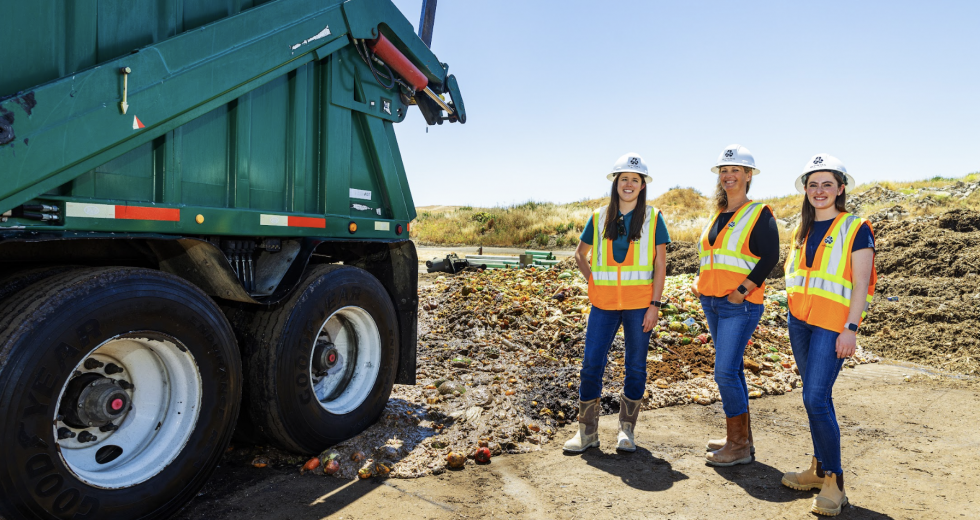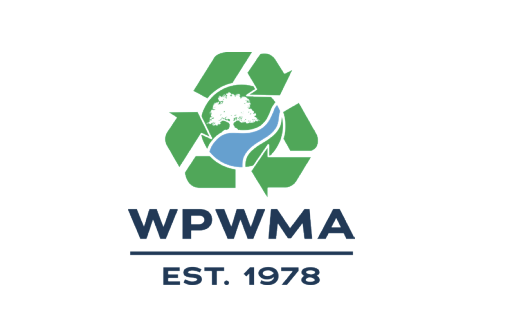The Western Placer Waste Management Authority (WPWMA) has been revolutionizing waste disposal and diversion methods since the 1970s and has plans to implement advanced technology to combat greenhouse gas emissions and improve recycling capabilities.
As part of the $120 million multi-year WPWMA facility upgrades that began in April, new technologies, including the power of AI, will create less work for residents and businesses. These innovations will aid Western Placer communities in complying with SB 1383, the statewide effort to reduce emissions by recycling organic waste.
Eric Oddo, program manager, says the WPWMA has been composting green waste and recycling other organics like wood and paper for almost 30 years, but with the facility improvements, the WPWMA will divert at least 75 percent of organic waste from disposal.
“Our new Materials Recovery Facility will continue to sort recyclables out of folks’ garbages and it will also sort out organic wastes like food scraps and soiled paper products, so Placer County residents and businesses will not be required to separate these materials themselves like many other jurisdictions across the state must,” Hoffman says.
“Residents can have peace of mind knowing that our facilities are undergoing improvements to ensure that our community’s organic waste will get sorted and recycled for them, leading to a greener future.” — Emily Hoffman Public Information Assistant
Facility improvements include AI-based sorters and robots that will handle up to 70 items per minute while sorting close to four different materials at once. The facility will be able to process 110 tons of waste per hour.
“Along with this, we’re expanding our compost operations, as we currently produce more than 60,000 tons of compost yearly from residential yard waste and commercial green waste,” Oddo adds. “That number is expected to double with the new MRF diverting organic wastes.”
Residents and businesses can rest assured these state-of-the-art improvements will not necessitate any changes in collection methods.
“We are able to manage the waste stream on behalf of residents and businesses, so they don’t have to change how they manage their waste,” Oddo says. “You toss, we sort. We take care of it for them.”






